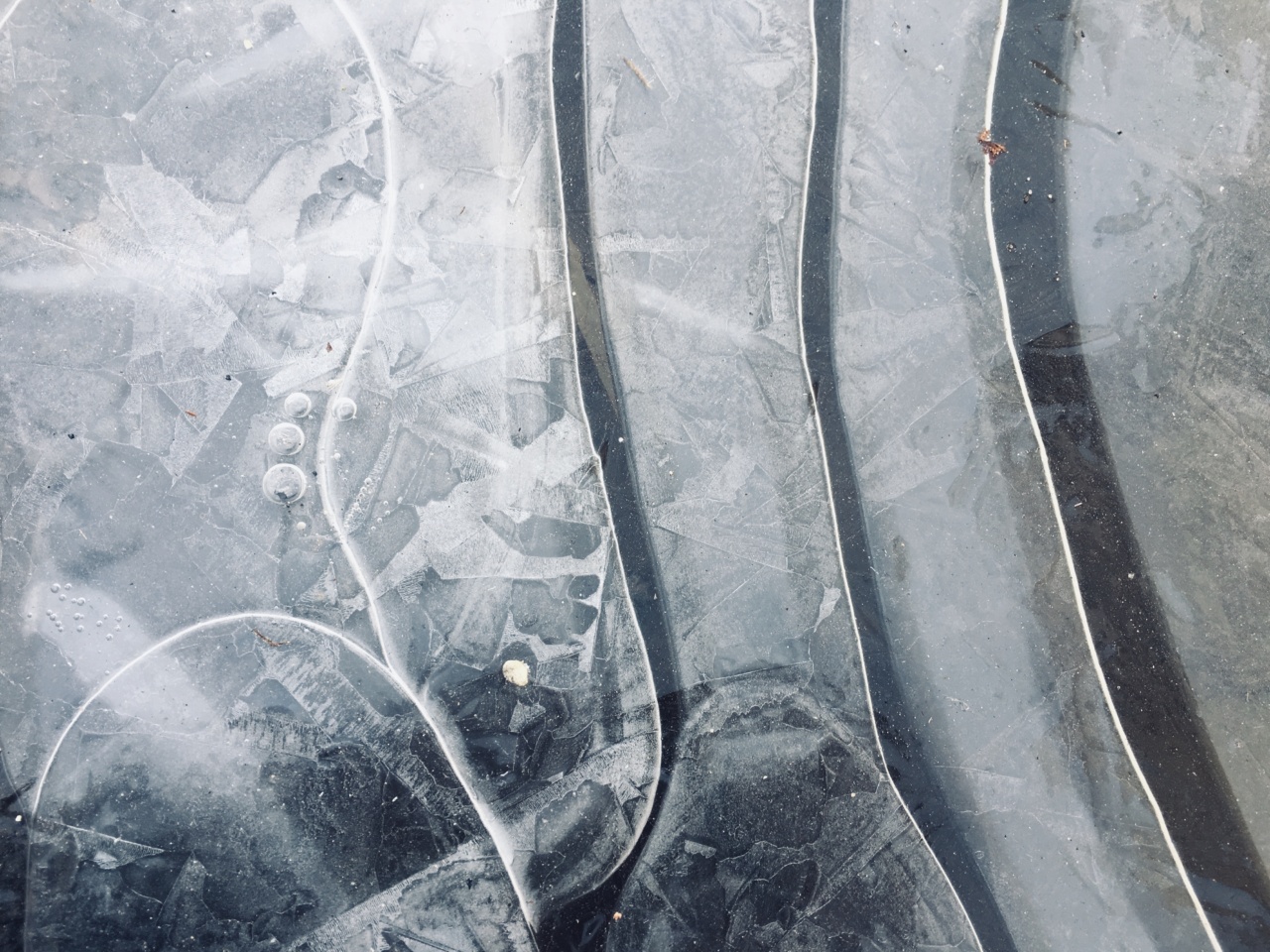As the temperature drops and the winter season sets in, it is important to take extra care of your skin. Cold weather can be harsh on your skin, causing dryness, irritation, and even damage.
However, with a few simple steps, you can keep your skin healthy and protected throughout the cold winter months. In this article, we will explore various tips and techniques to help you protect your skin from the elements.
1. Moisturize Regularly
The cold weather strips our skin of its natural moisture, leaving it dry and itchy. Therefore, it is crucial to moisturize regularly, especially after exposing your skin to the cold outdoors.
Look for moisturizers that are rich and hydrating, preferably oil-based or containing ingredients like shea butter or jojoba oil. Apply the moisturizer all over your body and face, paying special attention to areas that tend to get drier, such as the hands, elbows, and knees.
For maximum effectiveness, apply the moisturizer right after taking a shower or washing your face, as it helps lock in moisture.
2. Use Sunscreen
Although it may seem counterintuitive, wearing sunscreen during the winter is just as important as in the summertime. The sun’s UV rays can be harmful all year round, and they can still cause damage to your skin even in colder temperatures.
Pick a sunscreen with at least SPF 30 and apply it on all exposed areas before going outside, especially if you plan on spending a significant amount of time outside or participating in winter sports. Don’t forget to protect your lips with a lip balm that contains SPF as well.
3. Avoid Hot Showers
Stepping into a hot shower may be tempting during the winter, but it can actually contribute to dry and flaky skin. Hot water can strip away the natural oils from your skin, leaving it dry and irritated.
Instead, opt for lukewarm water and limit your shower time to no more than 10 minutes. Additionally, avoid using harsh soaps or shower gels that can further dry out your skin. After showering, gently pat yourself dry with a towel and immediately follow up with a moisturizer to retain the moisture on your skin.
4. Protect Your Hands
Our hands are particularly prone to dryness and cracking during the winter months, as they are constantly exposed to the cold air and harsh elements. To protect your hands, always wear gloves when going outside, especially on windy days.
Invest in a good pair of moisturizing gloves to wear at night, after applying a generous amount of hand cream. This will help seal in the moisture and restore the softness of your hands. Avoid using excessively hot water when washing your hands, as it can strip away the natural oils.
5. Don’t Forget Your Feet
Just like our hands, our feet also suffer during the winter. The combination of cold weather and wearing thick socks and boots can cause our feet to become dry and cracked.
To prevent this, exfoliate your feet regularly to remove dead skin cells and follow up with a rich moisturizer. Pay special attention to your heels, as they tend to crack easily. Consider wearing moisture-wicking socks and breathable shoes to avoid excessive sweating and further damage to your feet.
6. Stay Hydrated
Drinking an adequate amount of water is essential for maintaining good skin health, regardless of the weather. During the winter months, we often forget to drink enough water due to the decreased thirst sensation.
However, staying hydrated will not only benefit your overall well-being but also help keep your skin hydrated from within. Aim to drink at least 8 glasses of water daily, and if you find it difficult to drink cold water during winter, opt for warm or room temperature water instead.
7. Bundle Up
One of the simplest ways to protect your skin from the cold weather is by dressing in layers. Layering your clothing not only keeps you warm but also acts as a barrier against the cold air.
Start with a soft and breathable layer of moisture-wicking fabric, such as silk or thin wool, to keep your skin dry. Add a middle layer for insulation, such as a fleece or a sweater, and finish with a windproof and waterproof outer layer. Don’t forget to cover your head, ears, and neck with a warm hat, earmuffs, and a scarf respectively.
8. Use a Humidifier
The dry indoor air during winter can aggravate skin dryness and irritation. To combat this, consider using a humidifier in your home. A humidifier adds moisture to the air, preventing your skin from becoming too dry.
Place a humidifier in the rooms you spend the most time in, such as your bedroom or living room. Aim for a humidity level of around 40-60% for optimal comfort and skin health. Remember to clean your humidifier regularly to prevent the growth of bacteria and mold.
9. Protect Your Lips
Your lips are particularly vulnerable to the cold weather, as they have thin and delicate skin. Invest in a good quality lip balm or ointment and apply it throughout the day, especially before going outside.
Look for lip balms with natural ingredients like beeswax, shea butter, or almond oil for maximum nourishment and protection. Avoid licking your lips, as it can further dry them out. If your lips are severely chapped or cracked, consider using a lip mask or treatment overnight to restore their softness and moisture.
10. Maintain a Healthy Lifestyle
Lastly, maintaining a healthy lifestyle is crucial for overall skin health. Eat a balanced diet rich in fruits, vegetables, and healthy fats to nourish your skin from within.
Avoid excessive consumption of alcohol and caffeine, as they can dehydrate your skin. Get regular exercise to enhance blood circulation and promote a healthy complexion. And don’t forget to get enough sleep, as a lack of sleep can contribute to dull and tired-looking skin.




























